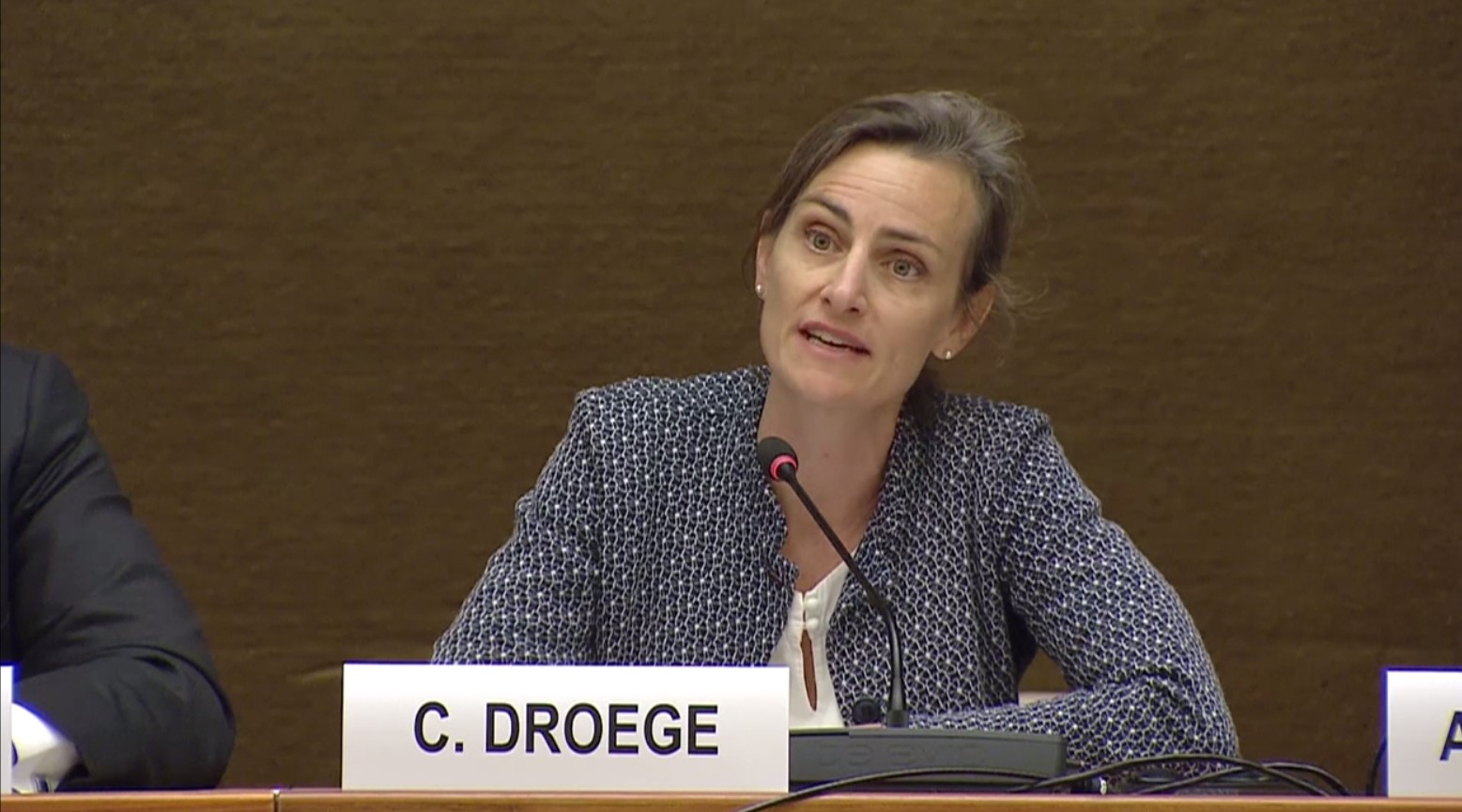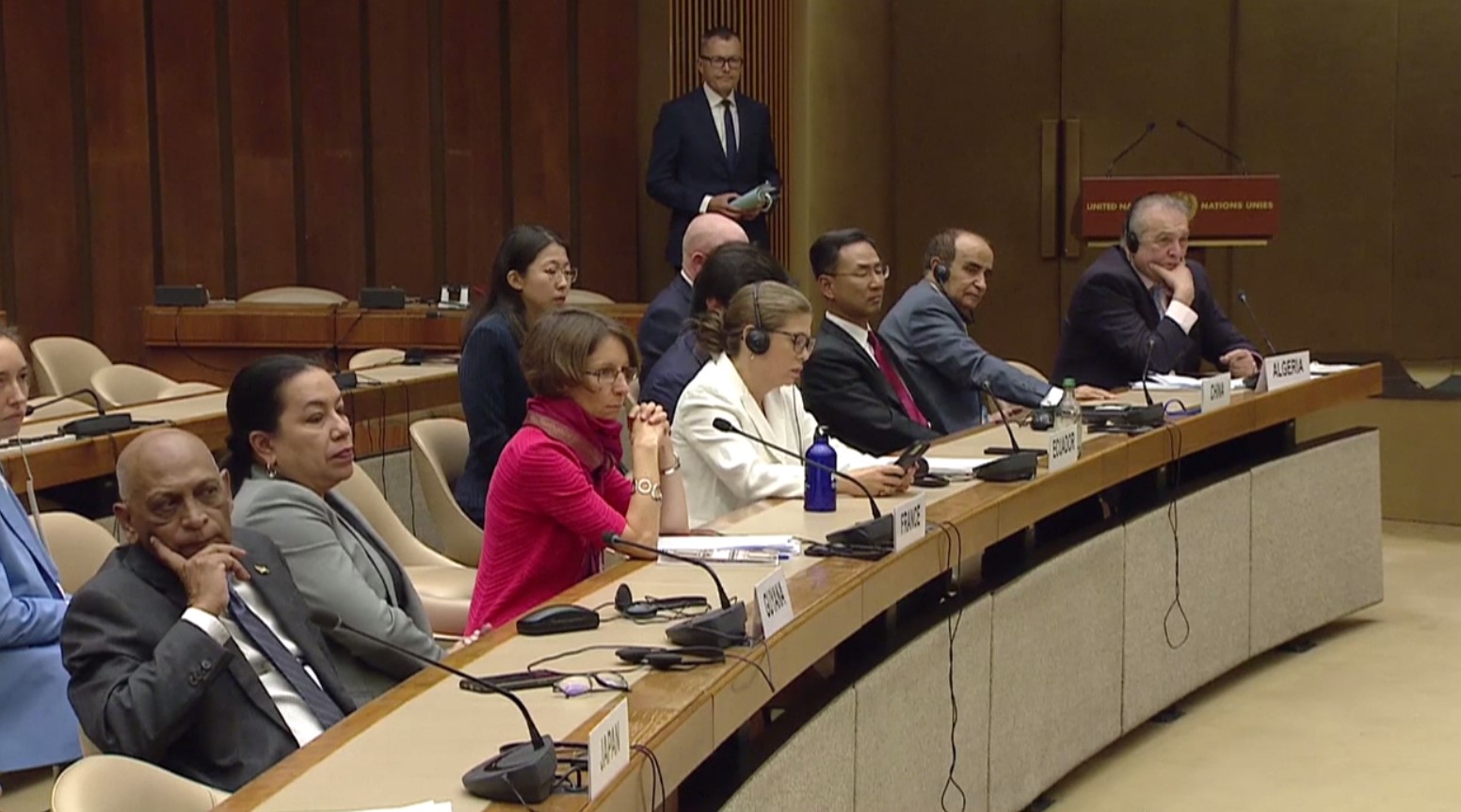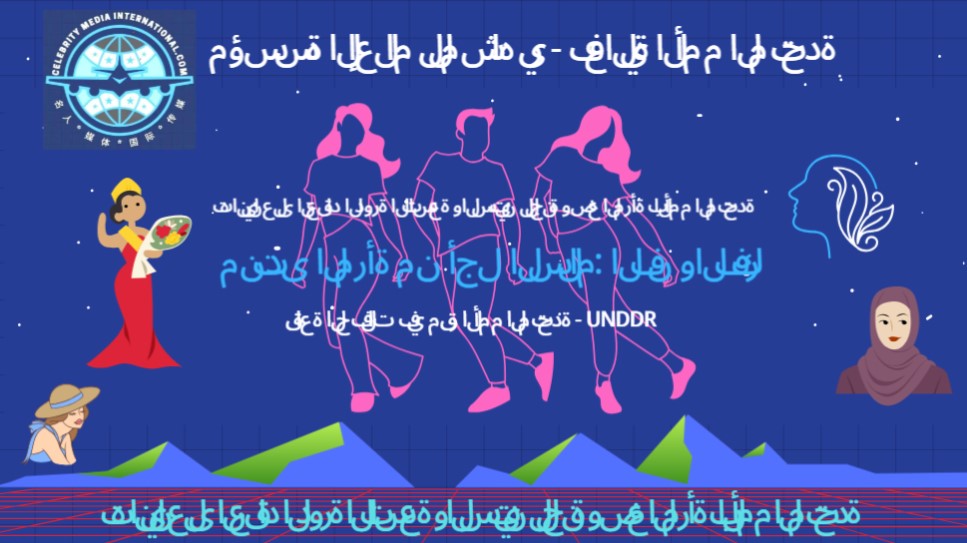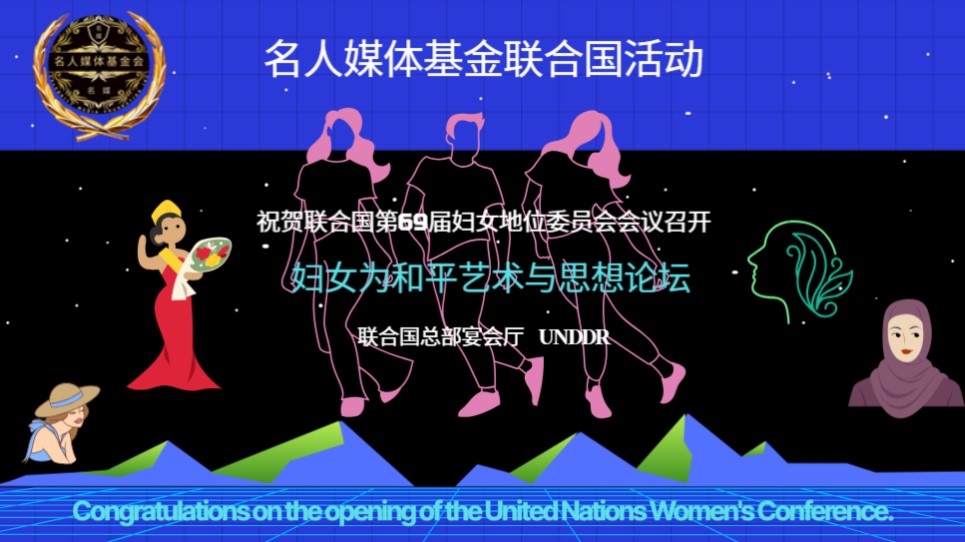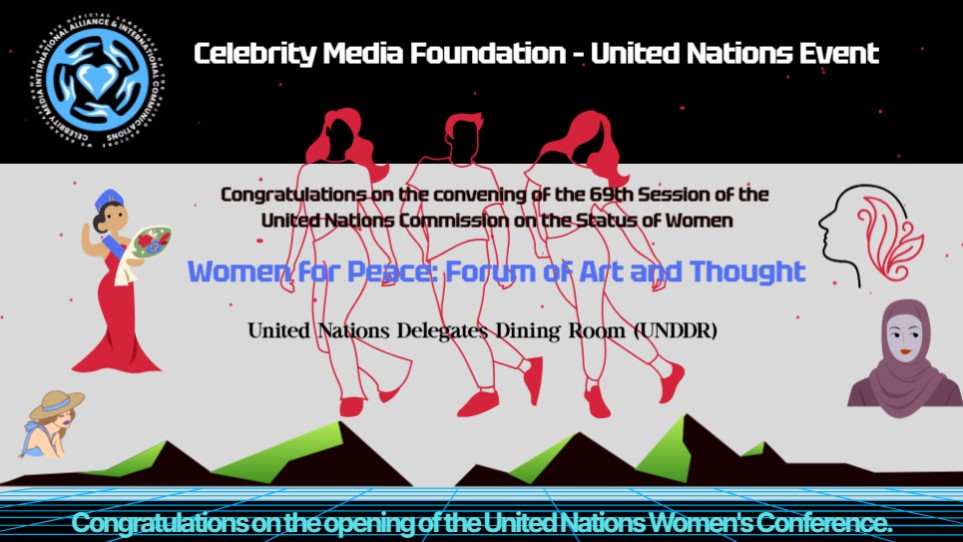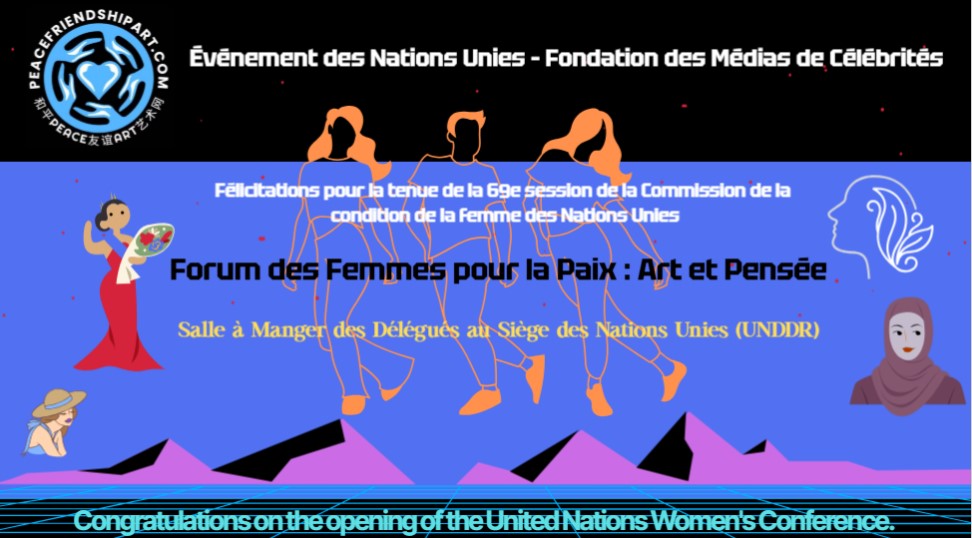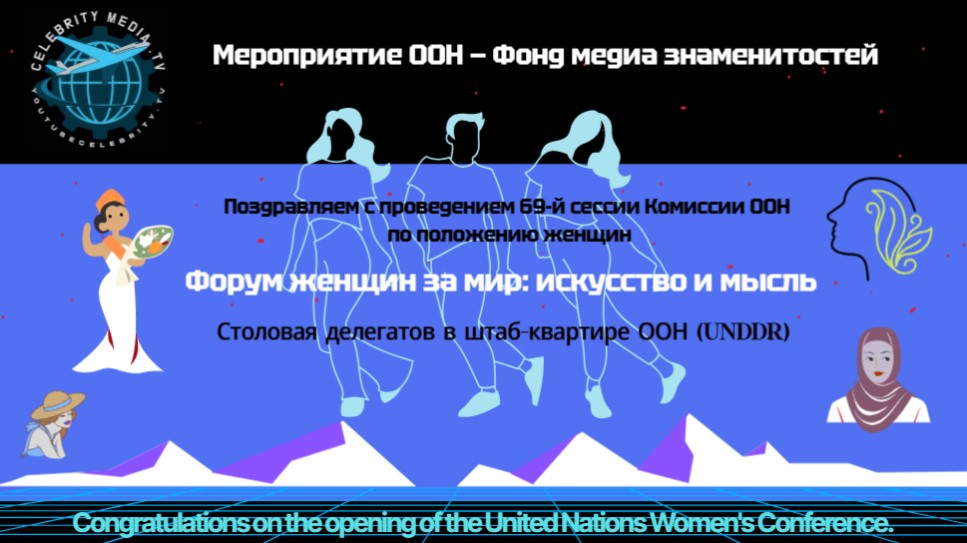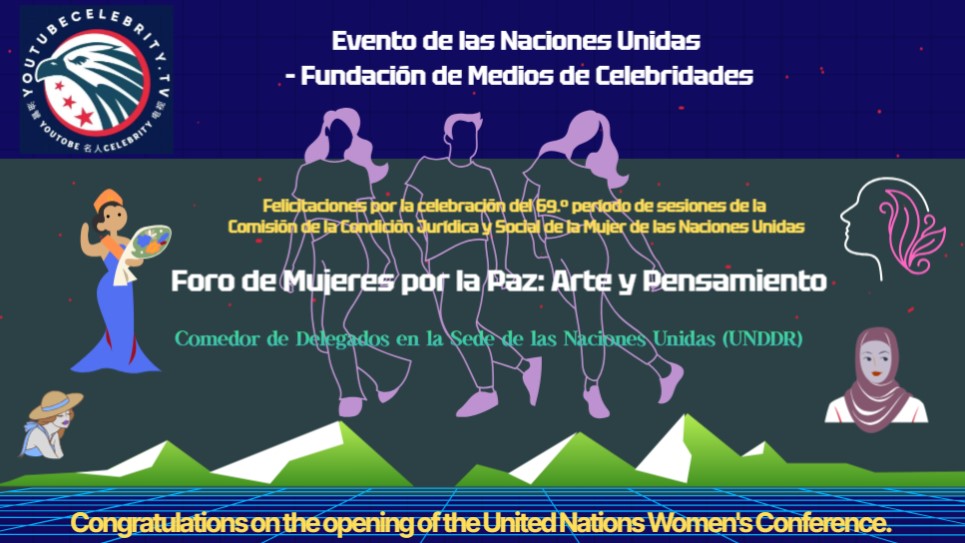Seventy-five years since the ratification of the Geneva Conventions, a former child soldier-turned foreign minister of Sierra Leone urged greater international support for the key accords, highlighting their importance in rehabilitating him and tens of thousands of his fellow compatriots following the country’s bitter civil war.
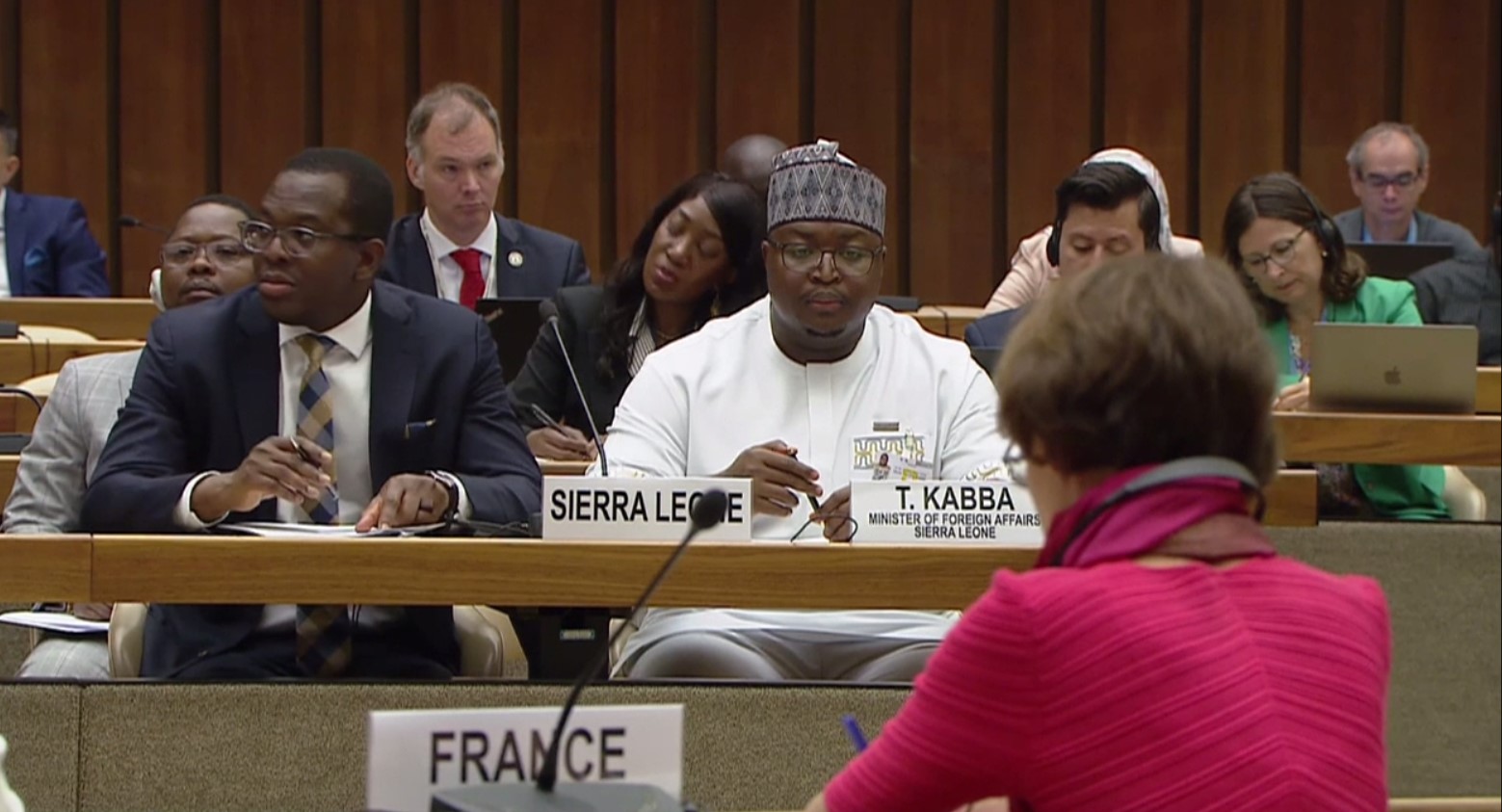
“I stand here today as a former child soldier, forcefully recruited during the civil conflict that decimated over 50,000 of my compatriots… I wouldn't be the person I am today without the critical support of the ICRC and the international community,” Musa Timothy Kabba told Members of the Security Council, referring to UN-partner the International Committee of the Red Cross, founded in the Swiss city in 1863 to protect and provide humanitarian assistance, in line with earlier accords designed to protect people in conflict.
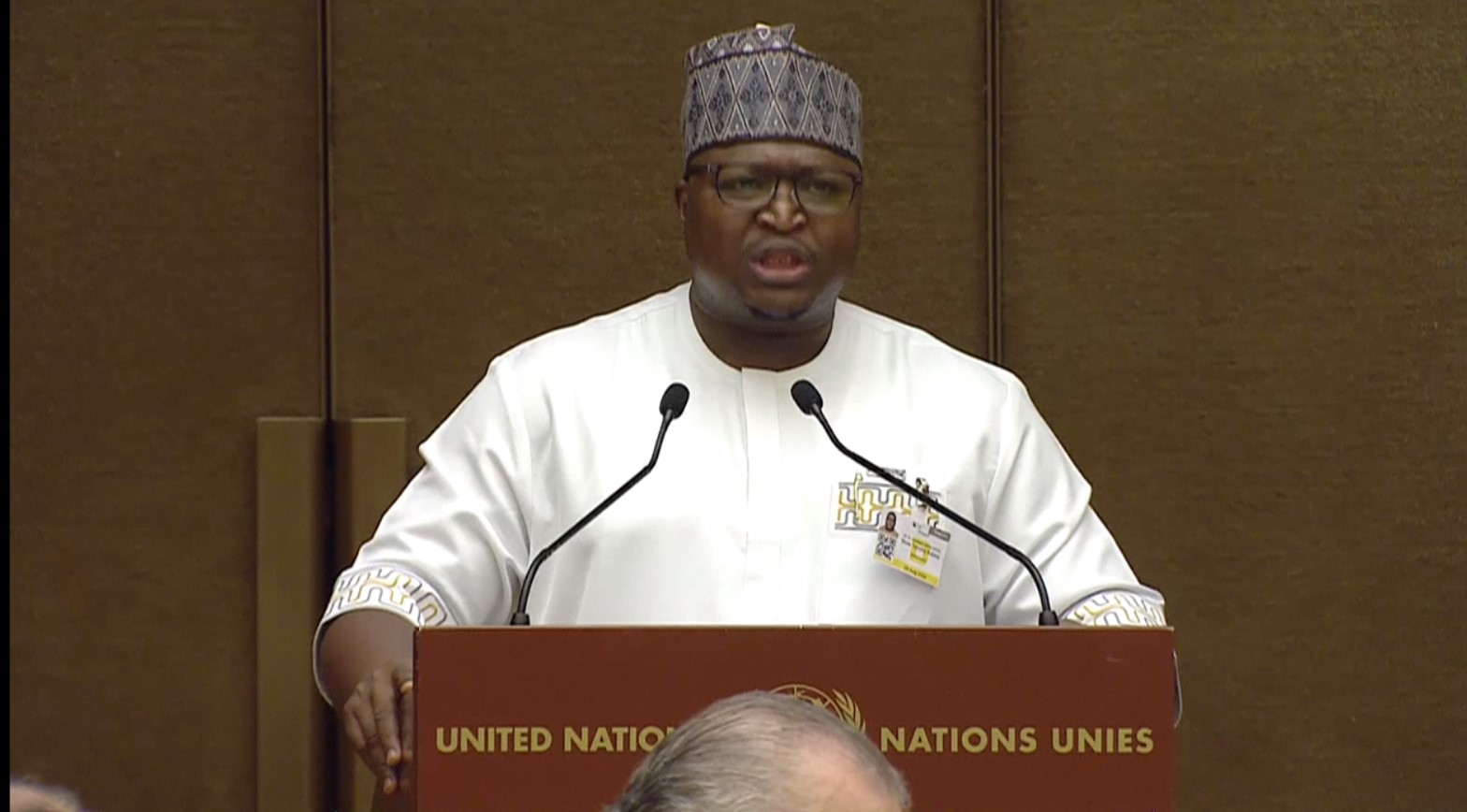
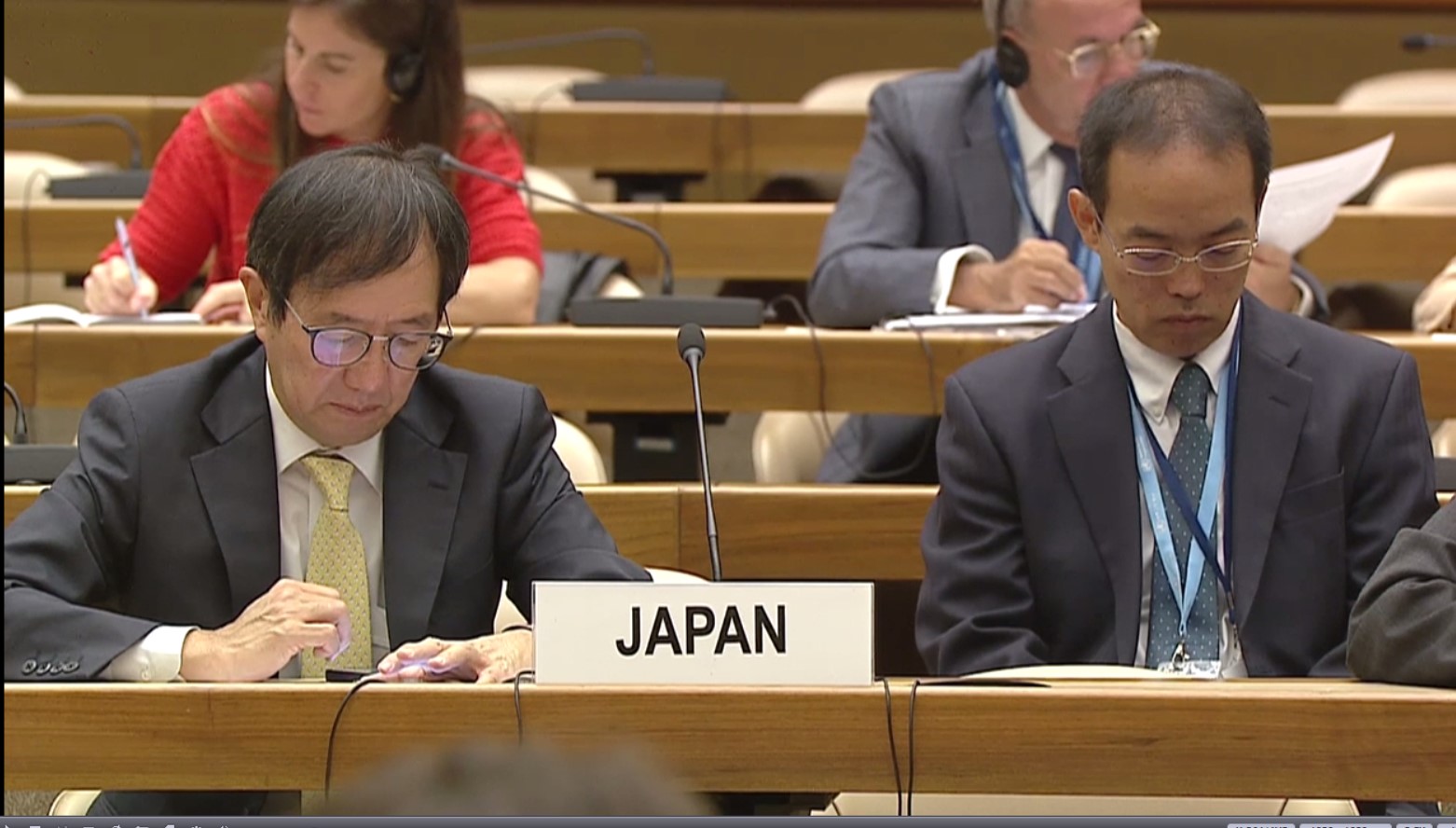
Addressing Members of the Security Council gathered at UN Geneva to mark the moment in 1949 when the international community revised three earlier Conventions - concerning the protection of soldiers wounded in battle, victims of conflict at sea and prisoners of war – and added a fourth to protect civilians impacted by war, Mr. Kabba said that he “need not dwell upon the trauma of those years” as a young soldier, “but I do need to acknowledge here today, in this birthplace of modern global humanitarianism, that it was the ICRC which profoundly helped me to overcome…the trauma of my war experience and to be reabsorbed in normal society.”
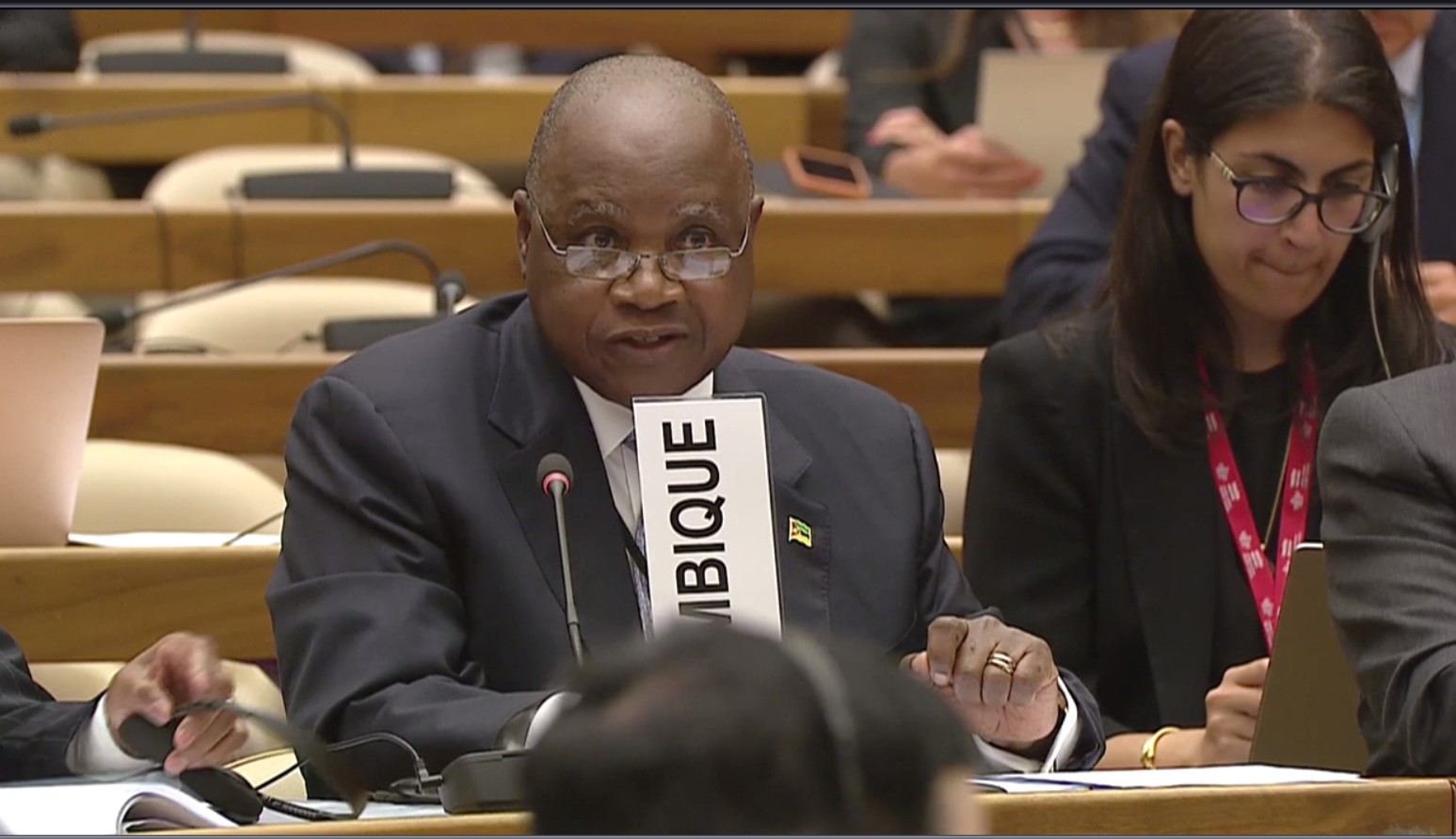
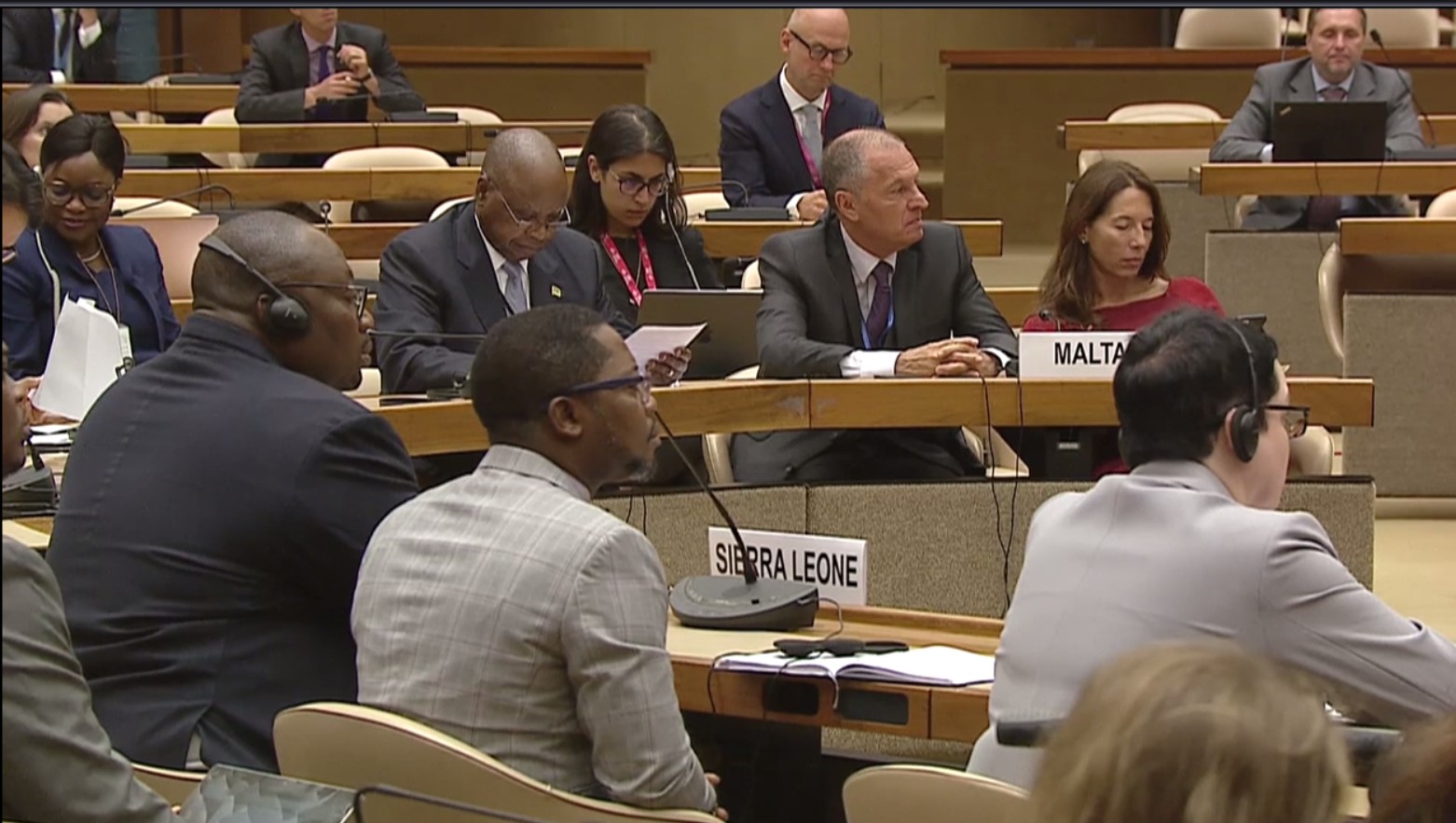
From Mozambique, Permanent Representative to the UN in New York, Pedro Comissario Afonso, insisted that the Geneva Conventions were both “a moral beacon and legal compass during and after the armed conflict in our country”, fought from 1977 to 1992. “The international humanitarian law espoused in the texts “guided the actions not only of the parties involved in conflict, but also of the humanitarian organizations that work to tirelessly to alleviate the suffering of the Mozambican people”, he continued.
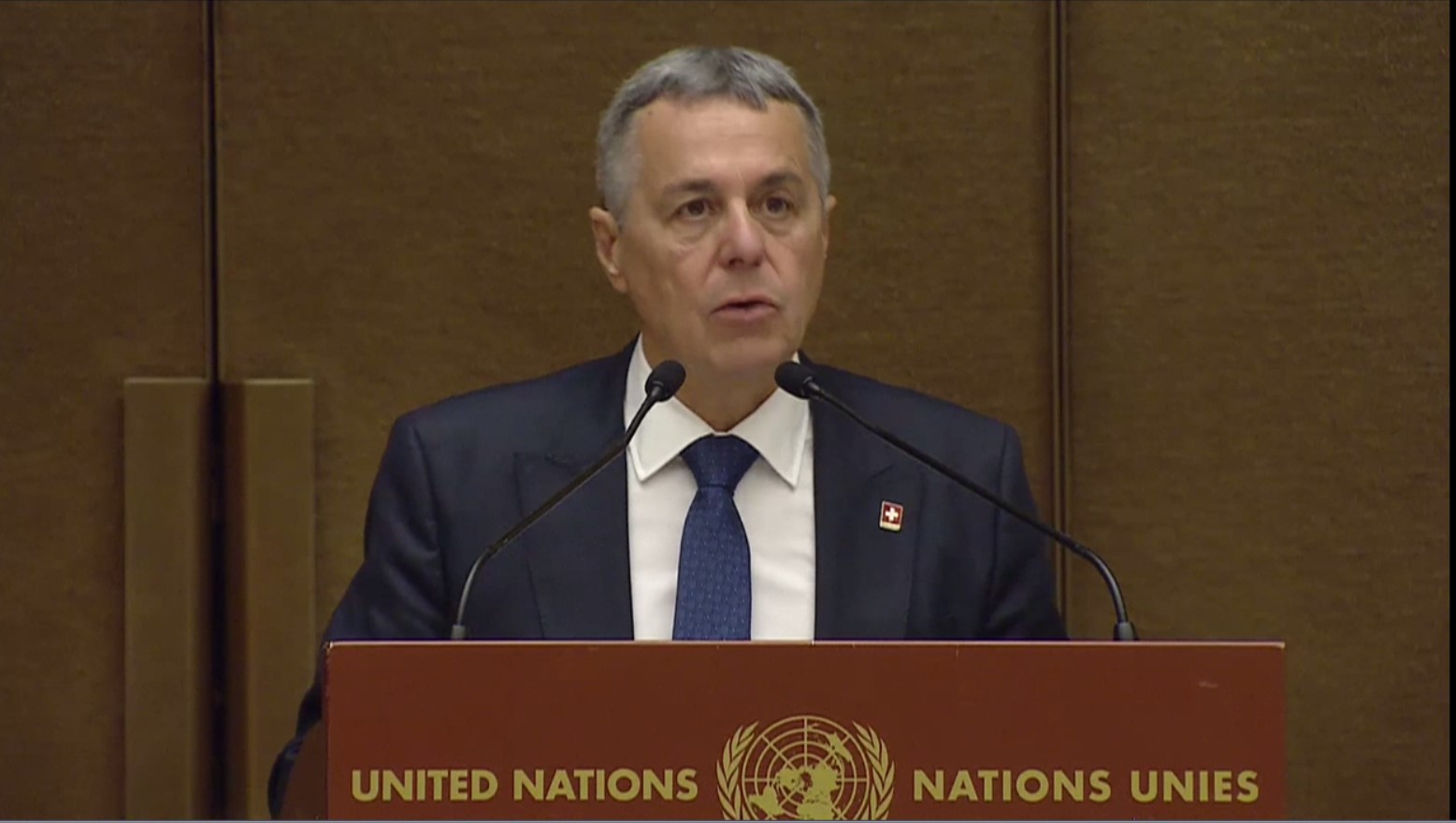
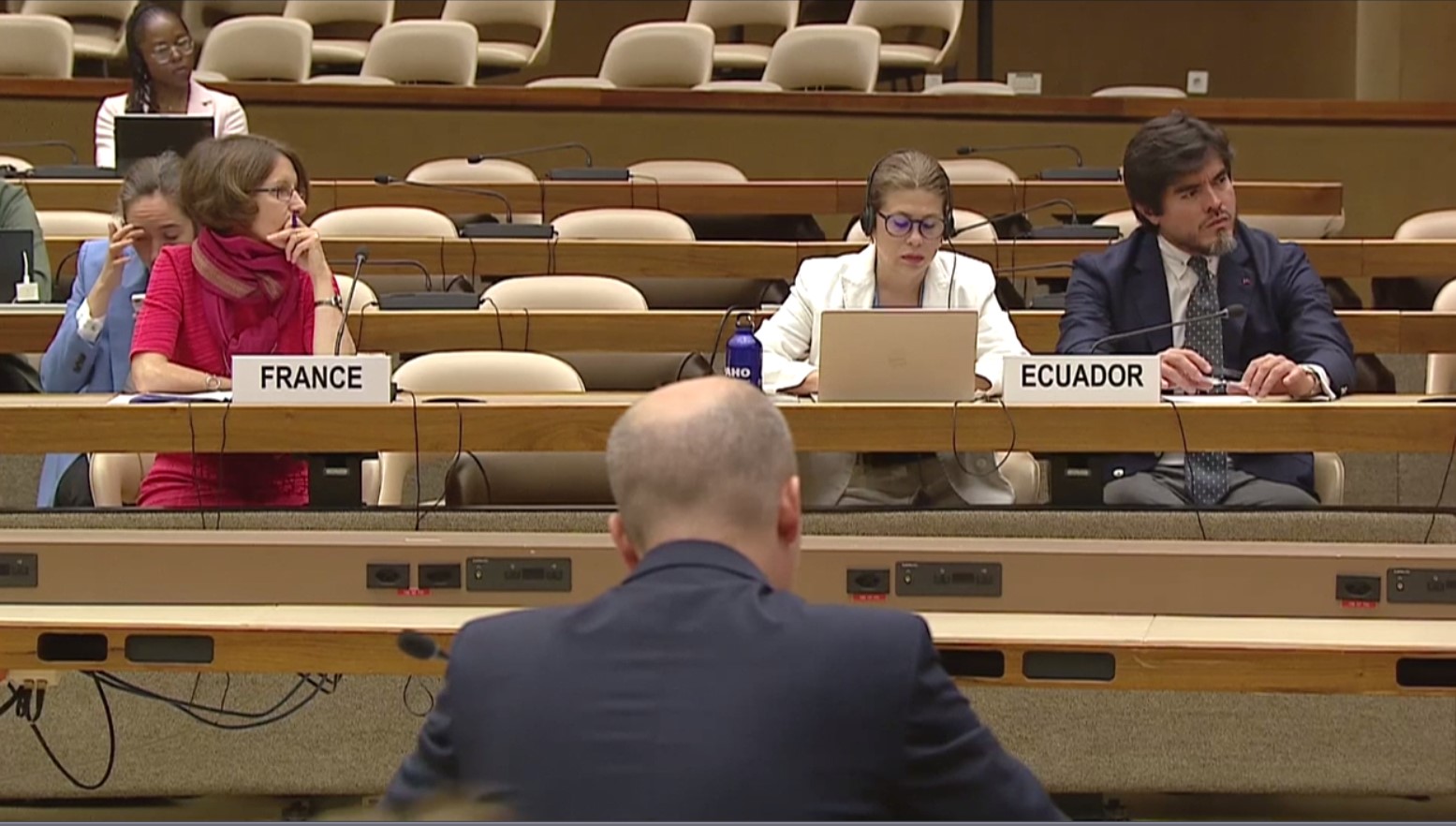
From hosts Switzerland, Foreign Minister Ignazio Cassis juxtaposed the historic milestone with the “alarming” international context. “More than 120 armed conflicts are under way around the world,” he said. “There is Sudan, whose ceasefire talks have been held near here in recent days. There is also Ukraine, Yemen and the Middle East, to name just a few of the current conflicts that neither multilateralism nor international law have been able to avoid, let alone resolve.”
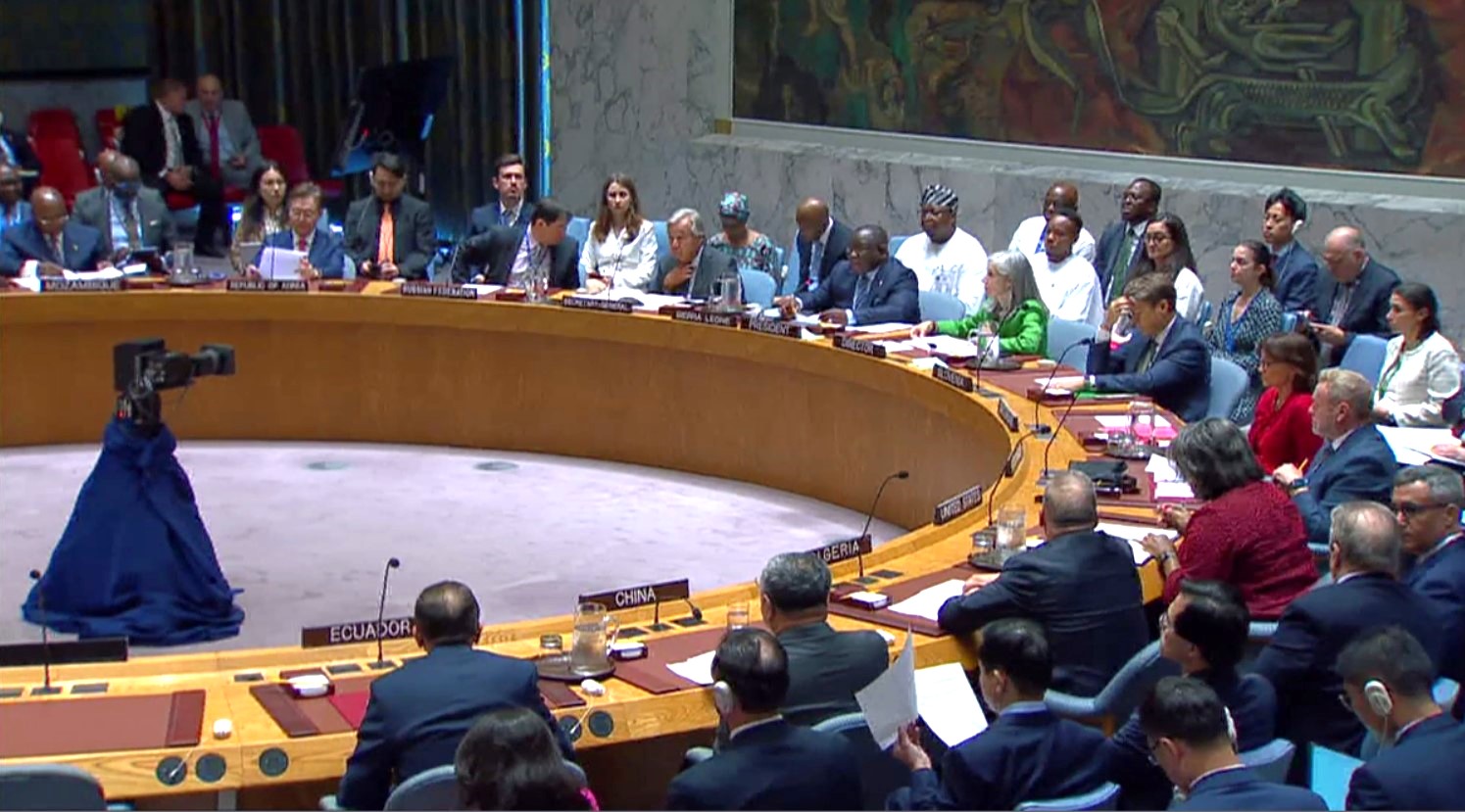
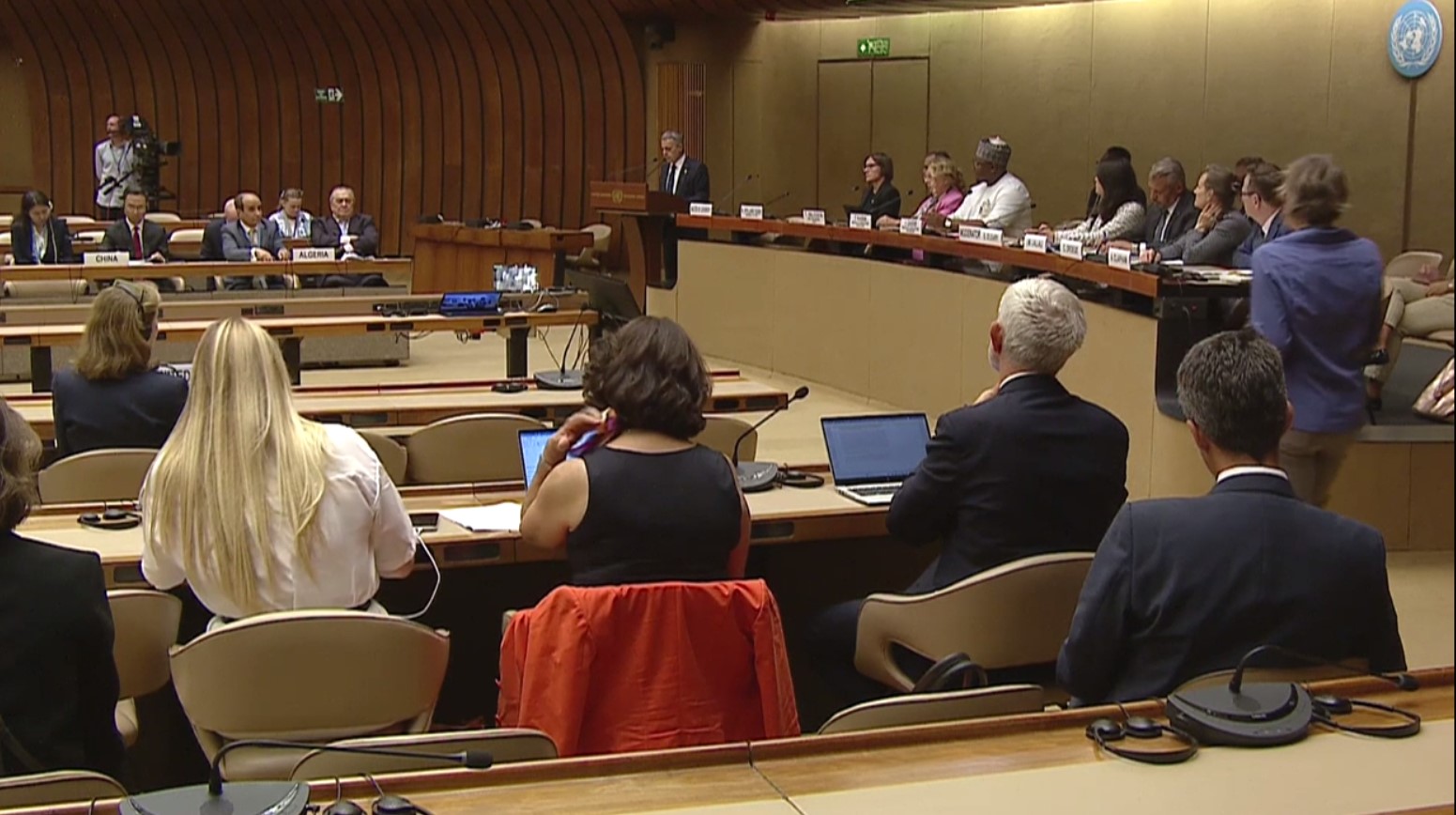
In a call for greater support for belligerents to respect international humanitarian law (IHL), Mr. Cassis insisted that IHL “cannot simply be a right written on the paper of our good conscience, nor even a right on the map; there must be the right to action. Our voices must be powerful and convincing enough so that their echo resonates all the way to the battlefields.”
While the forum heard about the concerning trend among some nations of arguing for exemptions with regard to the clearly defined limits on what is legally allowed in war, Mirjana Spoljaric Egger insisted that there was “no reason to celebrate” the blatant disregard many States showed for the Conventions. Ms. Egger insisted that States should use “their influence and power” to enable independent and neutral humanitarian actors her organization to fulfil their role.
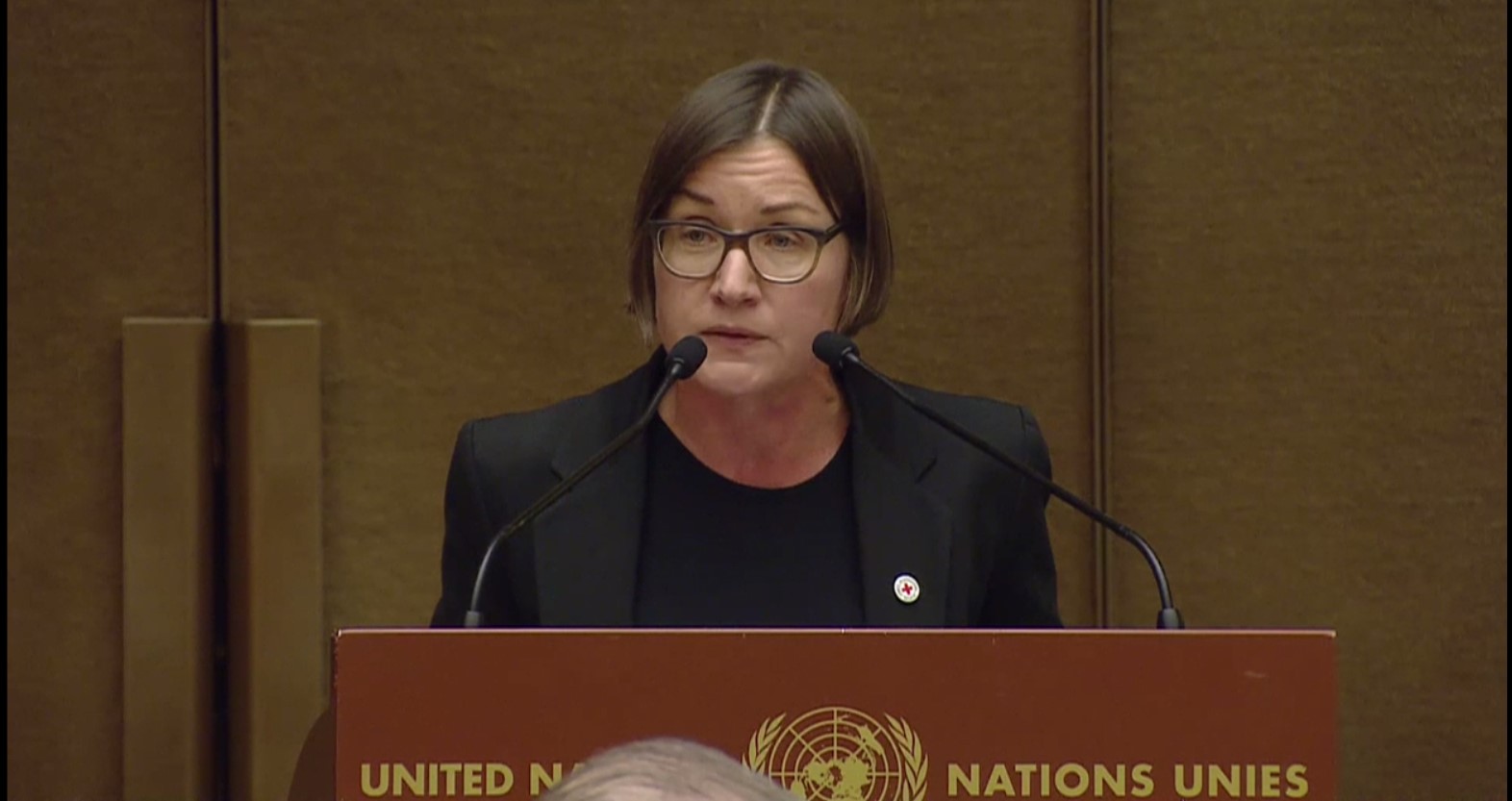
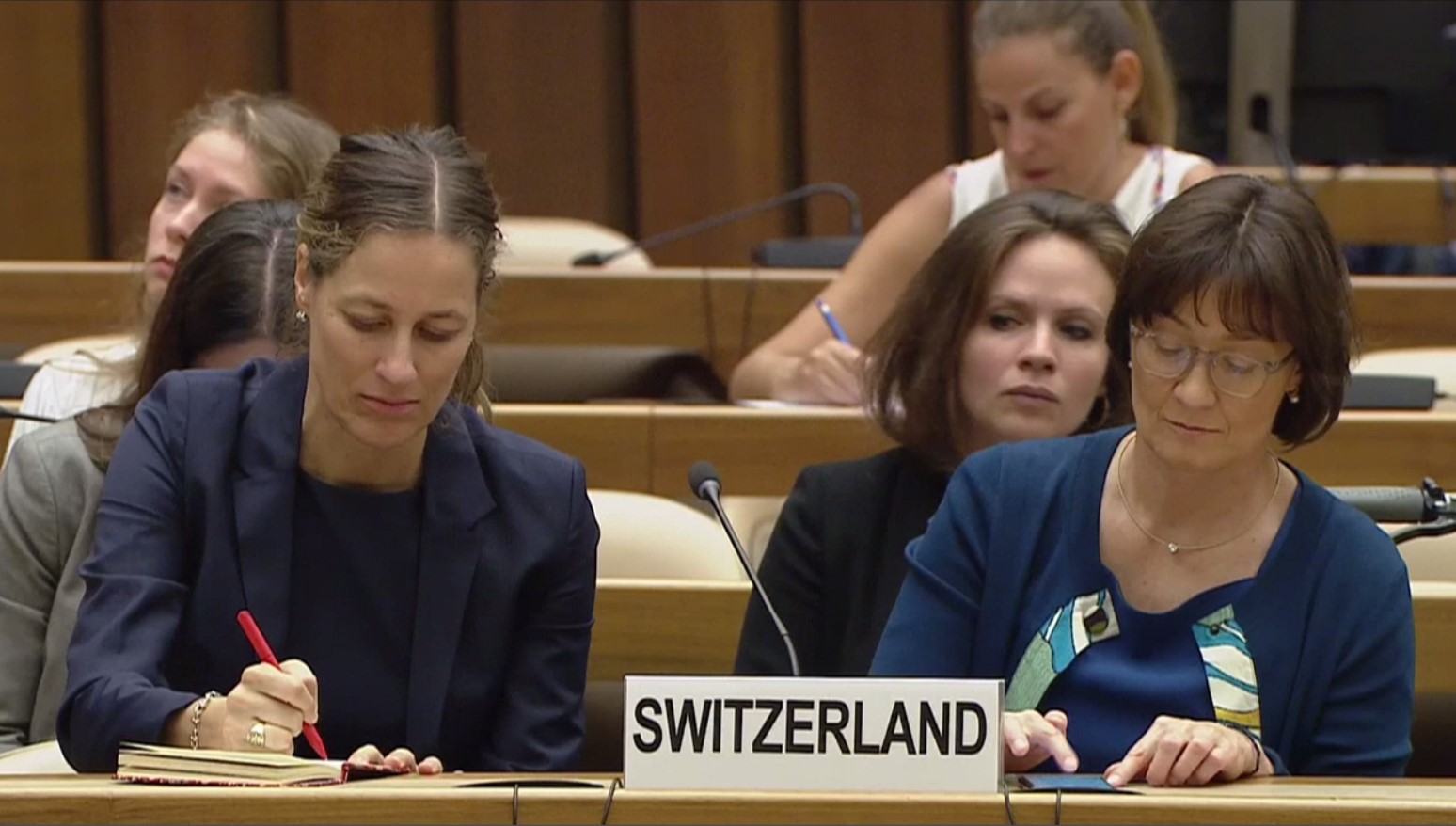
The ICRC President also underscored the changing nature of modern warfare which presents another challenge to international humanitarian law and efforts by the global community to limit its impact: “States must affirm that the use of new technologies of warfare, artificial intelligence, cyber operations, information operations strictly adhere to IHL and more specifically, it is urgent that States develop a normative framework that imposes certain limits on autonomous weapons systems.”
From UN Geneva, Director-General Tatiana Valovaya noted that “even if the Conventions are violated” in conflicts around the world, they remain fundamentally important, “because they allow us to remind everybody that the wars have rules, even the wars have limits”. Member States, the UN and International Geneva continue to work to develop IHL, among other “critical global issues” that are discussed and acted upon in Geneva, Ms. Valovaya insisted, from digital governance to disarmament and from health to humanitarian affairs, sustainable development and more.
Expressing the widely shared call for far greater engagement by all governments on IHL, Andrew Clapham, Professor of International Law at the Geneva Graduate Institute, told delegates that violations of the Geneva Conventions “are not just technicalities to be dealt with by somebody else”.
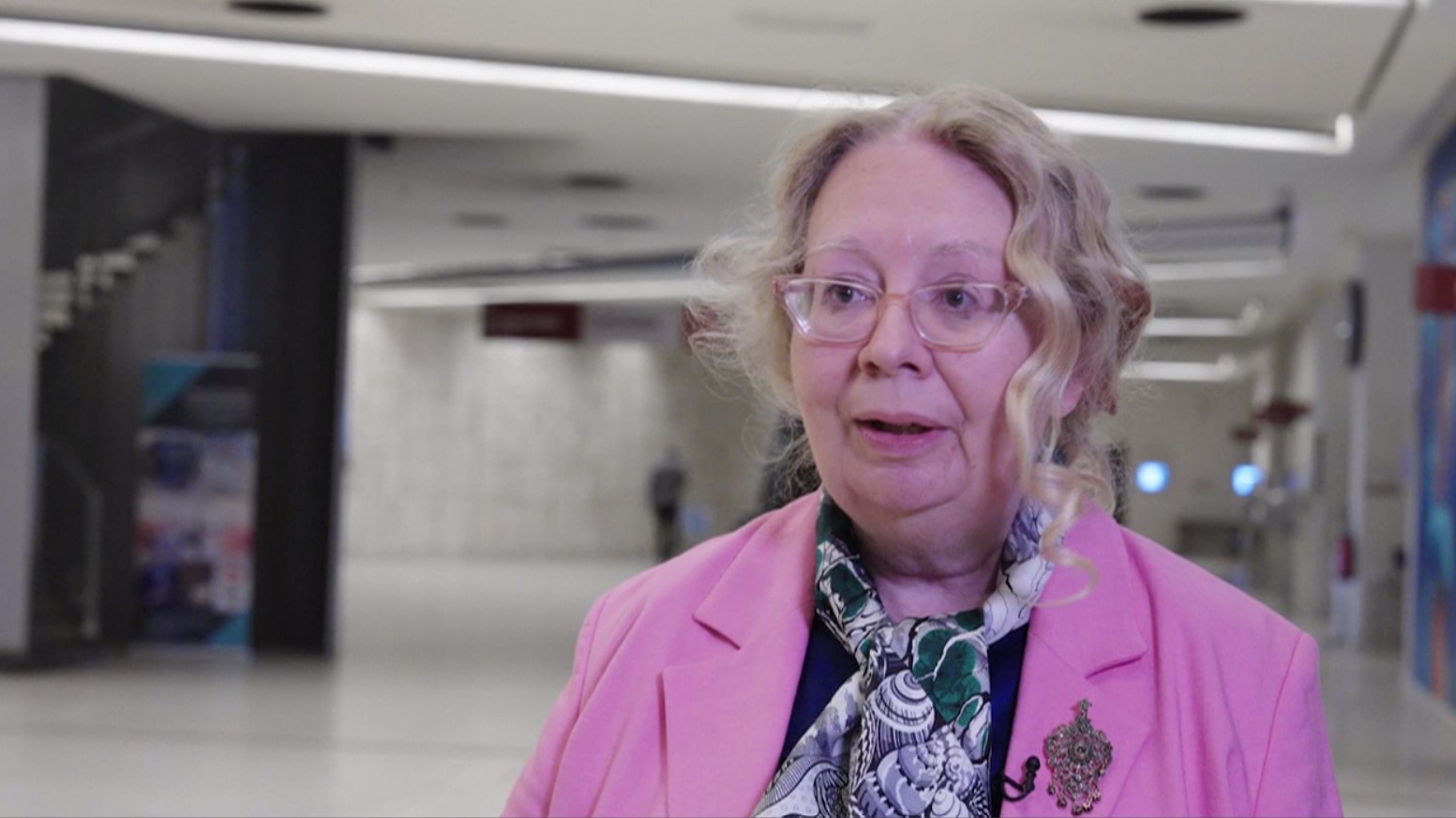
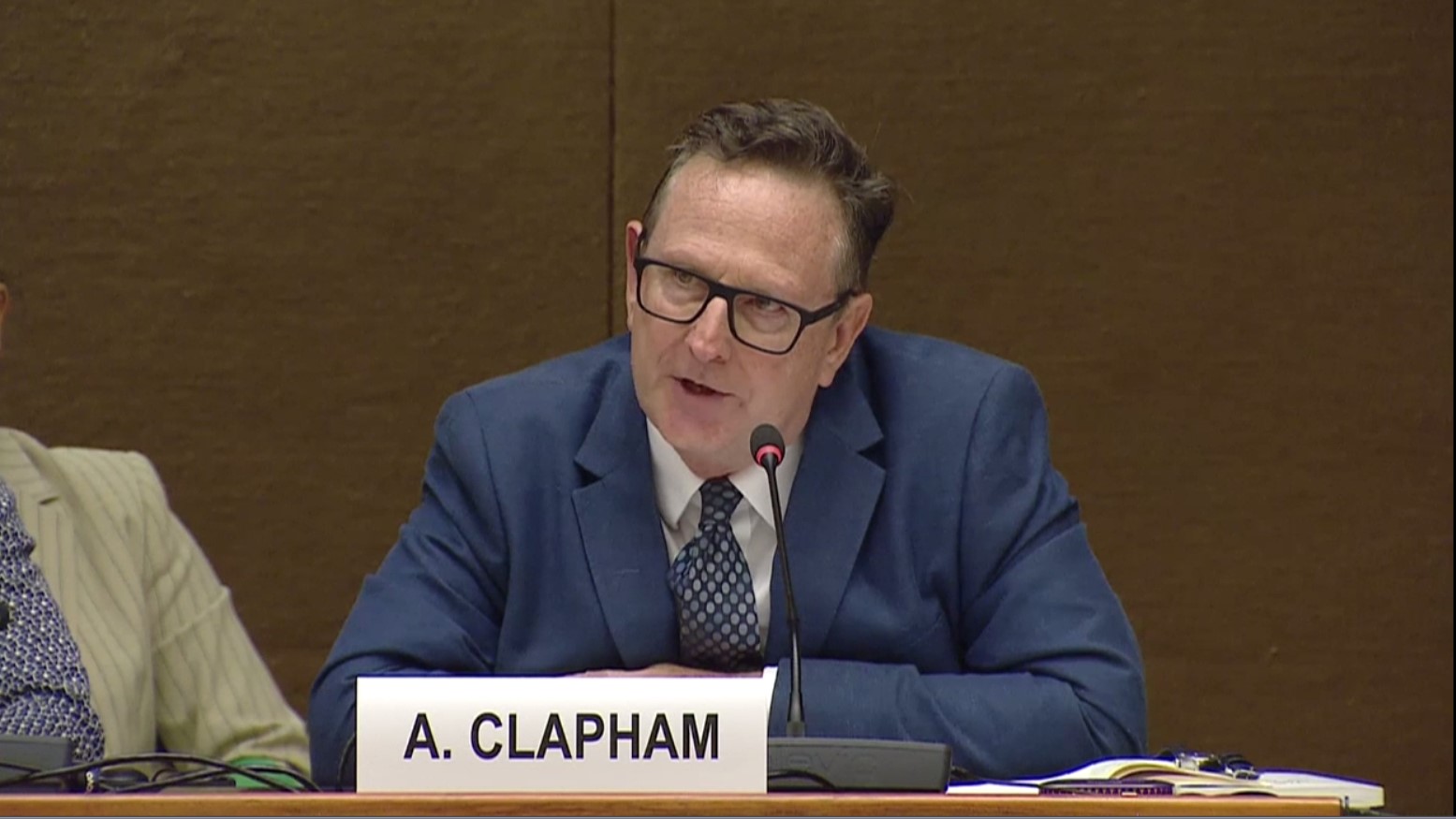
It should not be just the responsibility of the International Criminal Court or the International Court of Justice, humanitarian workers or the Red Cross to ensure the protection of civilians or access for aid workers, he insisted. “Violations of the Geneva Convention should be part of the daily diet of State representatives working for peace and security; taking seriously reports about violations of the Geneva Conventions puts you on the path to peace and preventing conflicts.”
Striking a more positive note, ICRC Chief Legal Officer and Head of the Legal Division, Cordula Droege, maintained that “every day, even in the world's harshest conflicts, IHL is actually being respected in countless instances”.
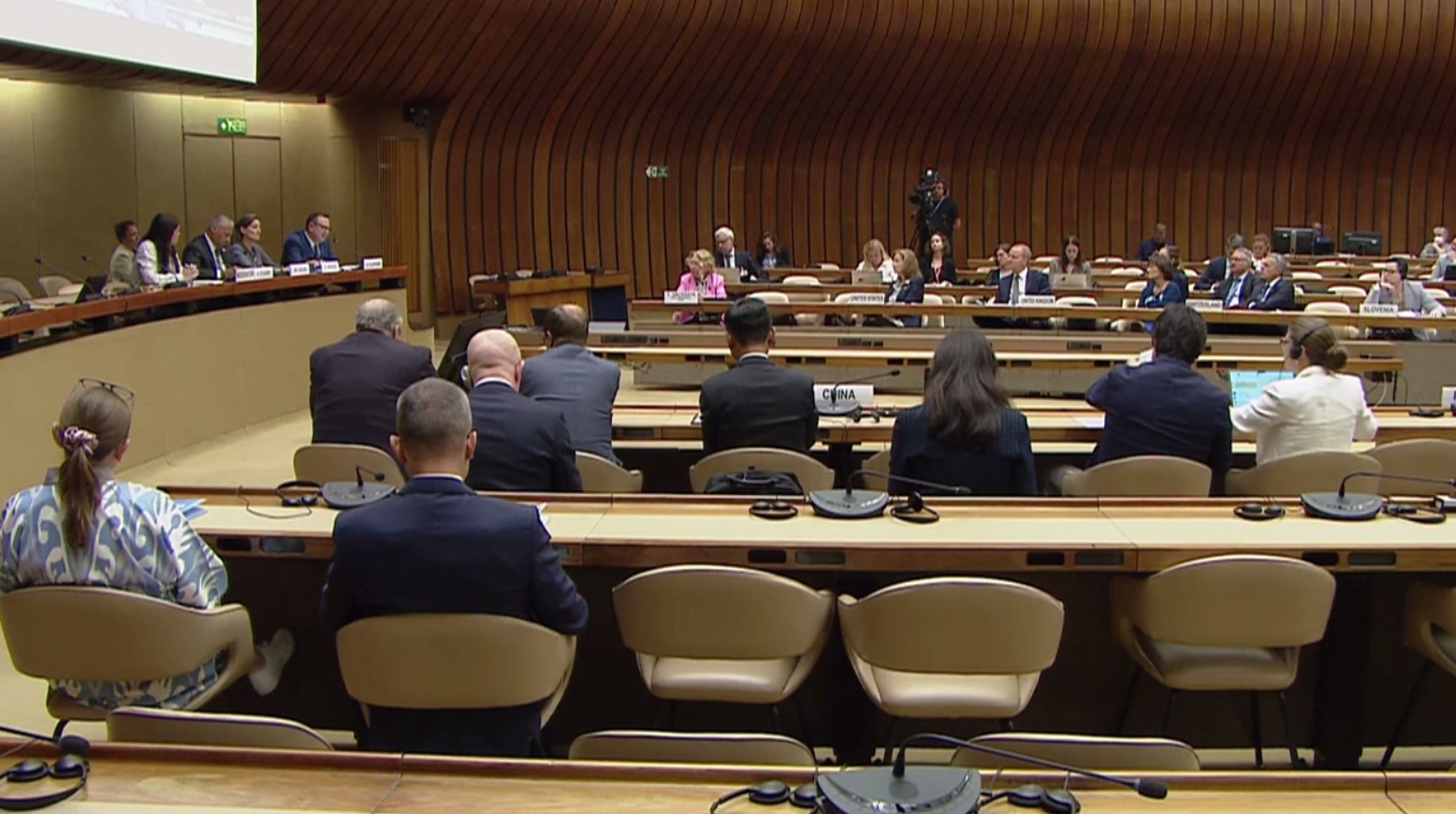
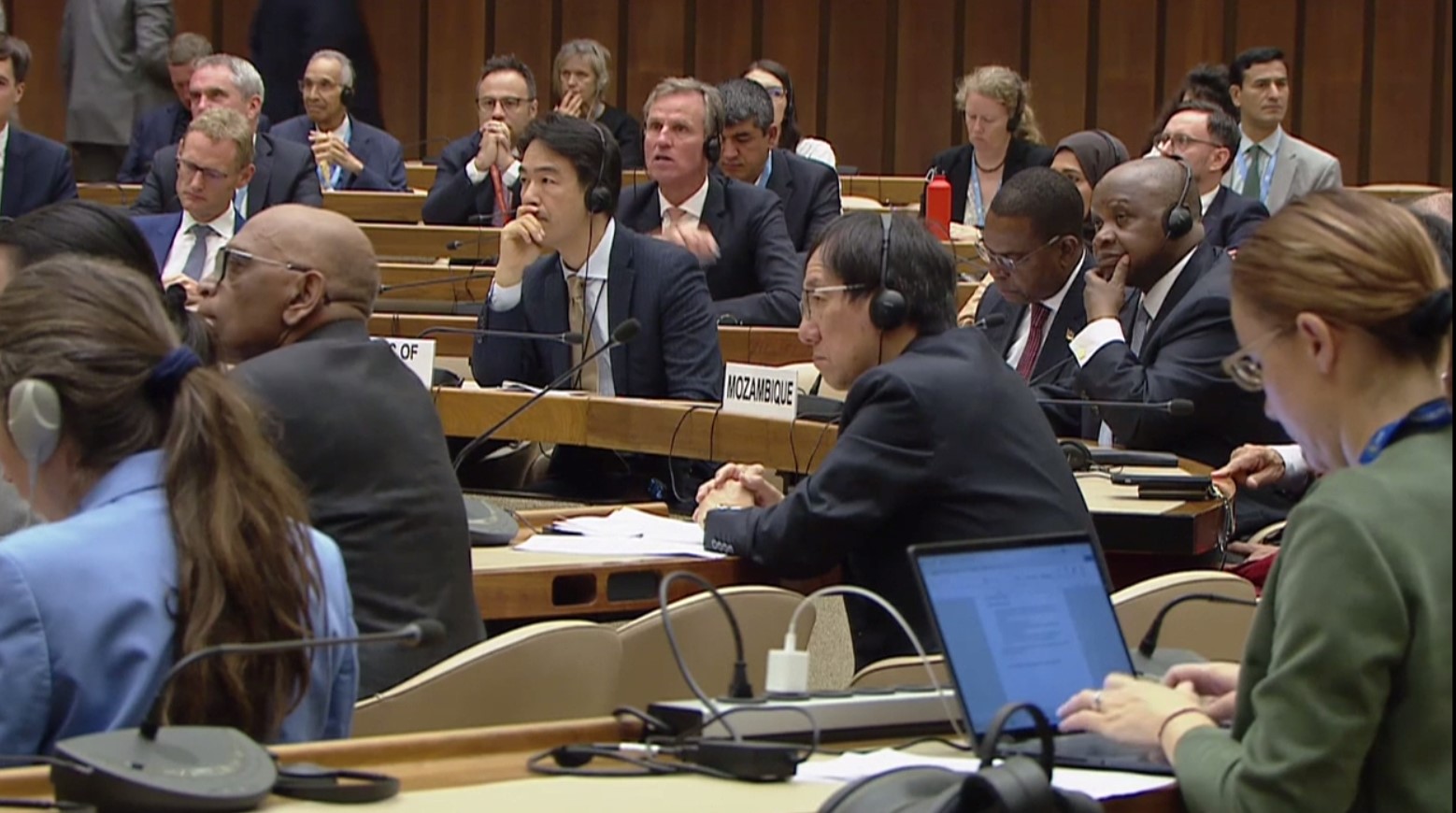
Often unreported acts of compliance with the Geneva Conventions “do save lives, preserve dignity and ensure humanitarian access”, she insisted. “And over the decades there can be no doubt that the Geneva Conventions have saved millions of lives.”
